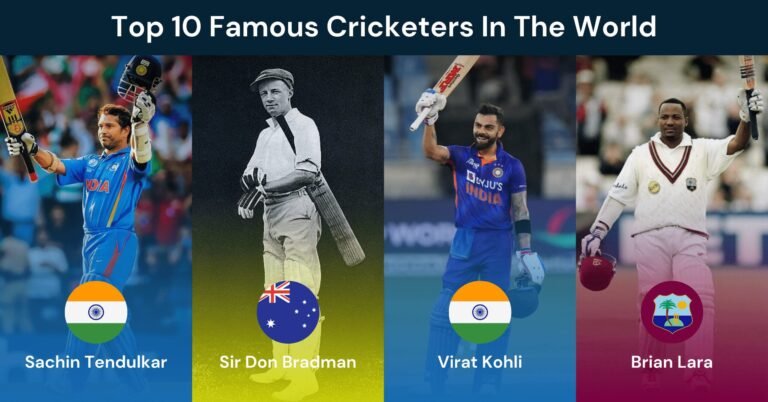
Introduction: A Legend Beyond Business
Ratan Tata being regarded as a business legend has been synonymous with humbleness, integrity, and mission. While he was an heir to the distinguished Tata family, the life of Ratan Tata was not merely an epitome of inheritance but rather a journey committed to innovation, social responsibility, and ethical leadership. Thus, it is a story of how vision and humanity can come together to alter an institution and a nation.
Early life: shaped by struggles
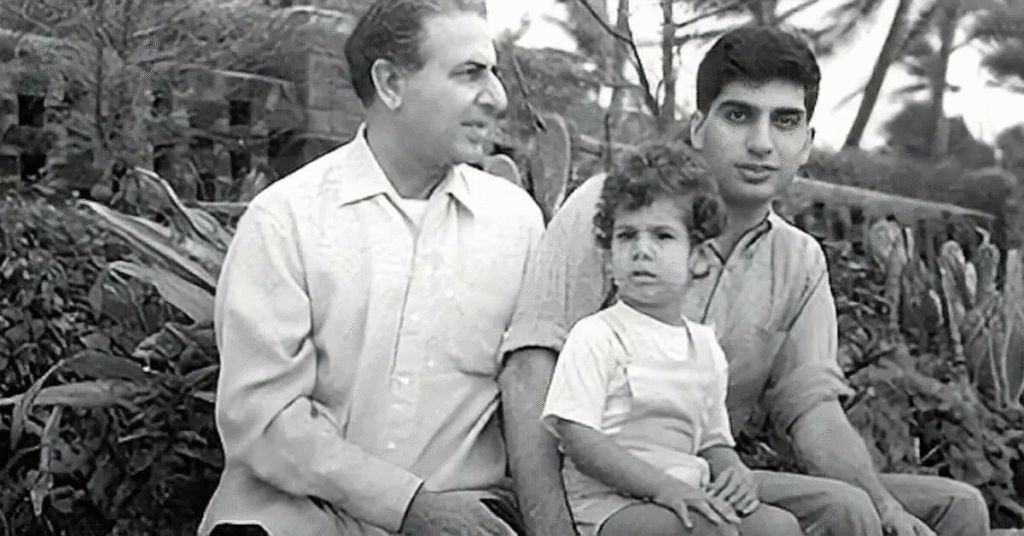
Ratan Tata was born on December 28, 1937, in Mumbai. Although Ratan belonged to a privileged family, Tata family, his childhood was, in a way, a little challenging.. After his parents’ separation, he was brought up by his grandmother, Lady Navajbai Tata. These formative experiences made him introspective and resilient. Ratan had his preliminary schooling at Campion School, Mumbai, and later, at Cornell University, from where he earned a degree in architecture and structural engineering.
Because Ratan would have faced financial difficulties in the United States, he would have managed several part-time jobs to support himself. These were humble and resilient lessons that would later inform his style of leadership.
Entry into the Tata Group: Learning from the Ground Up
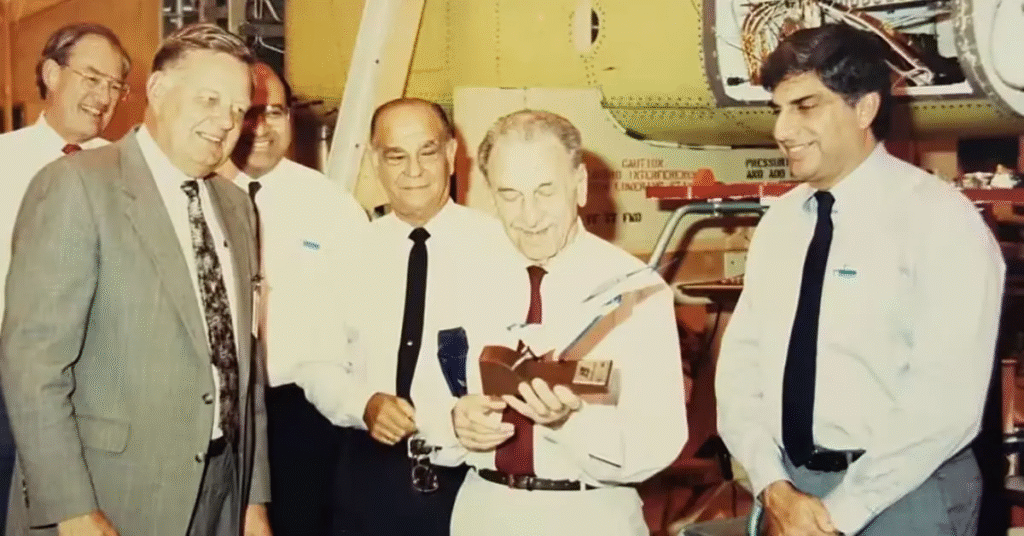
In 1962, Ratan Tata joined the Tata Group after returning from the U.S. Contrary to expectations, he was not given a quasi-senior position but, instead, began on the shop floor at Tata Steel. Such practical exposure allowed him a certain insight into operations and the realities of working life, making him a grounded leader.
Rising to the Top: Visionary Leadership
Ratan Tata came to chair the Tata Group in 1991 after J.R.D. Tata. Unlike his predecessor, he made bold choices to create an international profile for the group. Hence, under the Tata Group, gigantic international acquisitions were made: Tetley Tea, Jaguar Land Rover, and Corus Steel-the very mention of which should bring Indian-heavyweight businessmen to the world stage.
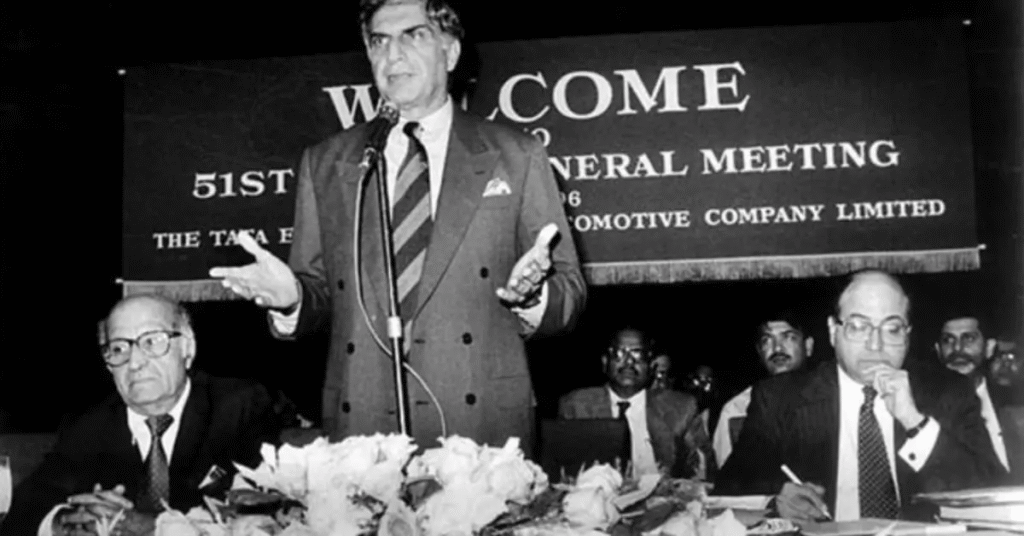
The Tata Nano: Innovation for the Common Man
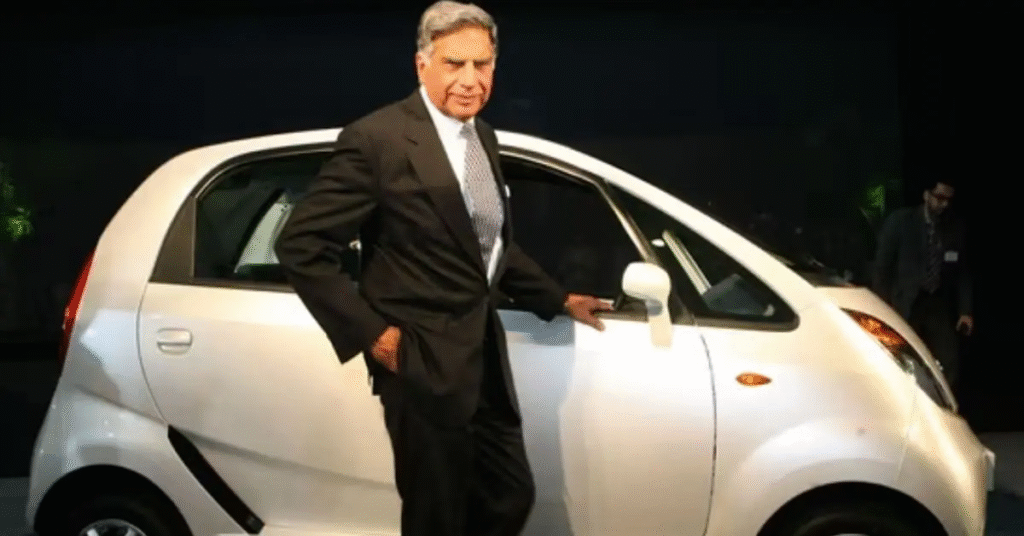
One of Ratan Tata’s most ambitious initiatives was the 2008 launch of the Tata Nano, the cheapest car in the world. Having seen a family riding atop a two-wheeler, he visualized the car that would be a safe substitute for them and fit right into the budget of a middle-class Indian. Though it was not commercially viable, it is a great beacon and symbol of his person-first philosophy.
Giving Back: Philanthropy and Purpose
Philanthropy was quite the life’s work for Ratan Tata. Through Tata Trusts, which own a majority share of the profits of the group, funds had been allocated profusely for healthcare, education, and rural development. More programs for uplifting the masses were born that supported his ideology that business existed not to exploit but to serve society.
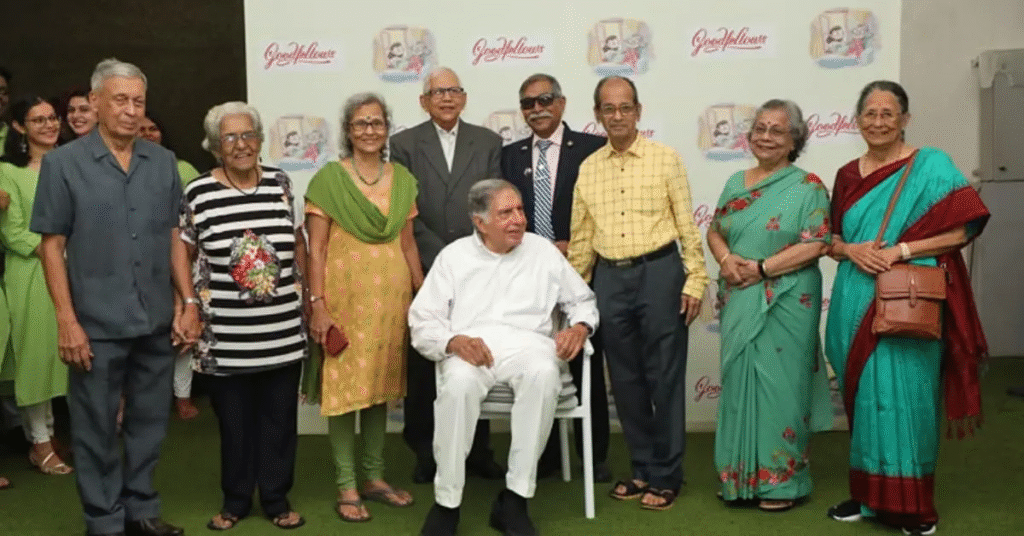
Legacy and The Closing Chapter
Ratan Tata passed away on the 10th of October 2024, leaving a vast legacy of compassion, innovation, and leadership at the world stage. On his watch, the Tata Group crossed $100 billion in revenues, but more importantly, he created a business empire based on ethics and social impact.
Generations’ Inspiration
The life story of Ratan Tata is probably the one that can never be really and truly called successful except in terms of service and purpose. His ideals, vision, and humility are inspiring the youth of India to attempt their dreams with their feet on the ground. Transforming times notwithstanding, the story is an eternal paragon for ethical and greater leadership.


